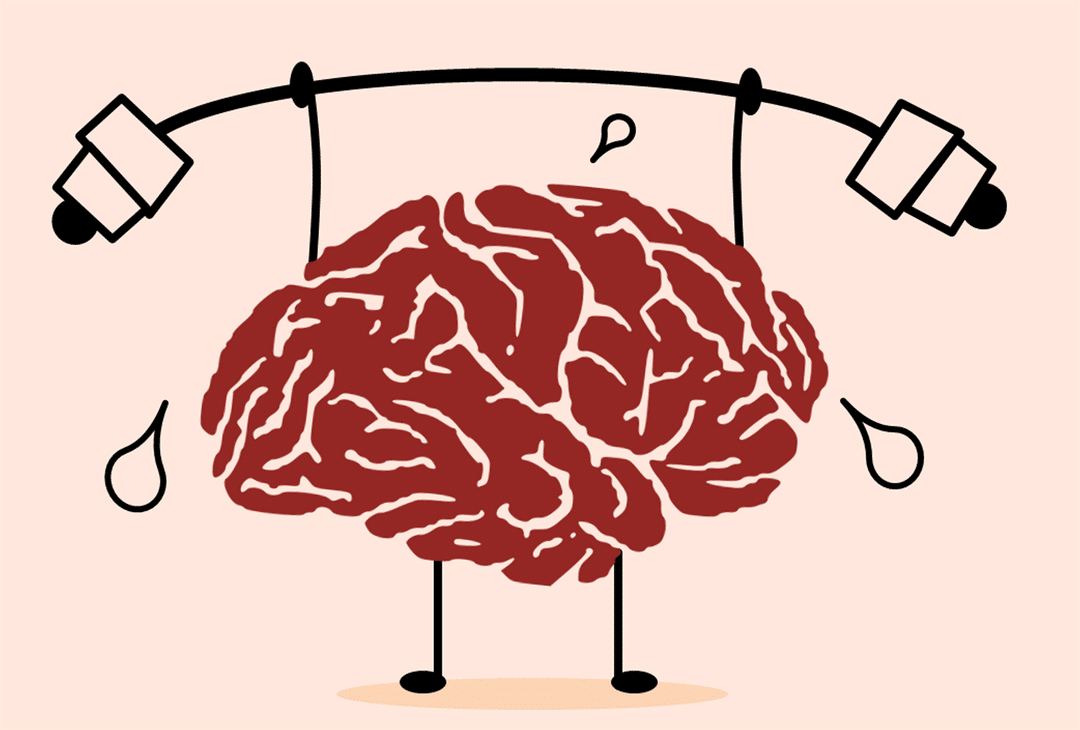I heard from people who work in hospitals that they have the father open their shirt and put the baby on his chest, and this is supposed to help the baby bond with the father. And they talk about the importance of the tactile, the skin touching the skin, but I would argue that it’s also the warmth, the temperature that affects the bonding. Channels between the physical and the emotional warmth still exist within us today.

BW: Can this be related to our mind-body connection?
JB: For the last 10 years, I’ve been focusing my research on how the physical sensations and experiences influence our mental state and our decisions, such as whom we vote for. Not only does the mind influence the body, but the body also influences the mind strongly. There are studies that show that when someone remembers a time when they felt guilty about something, if you have them wash their hands right after having that memory — they are able to erase the guilt. They actually remove the emotion of guilt and no longer feel guilty. It’s symbolic, like a metaphor, as depicted in the play “Macbeth,” that washing the hands seems to wash the sins away. But in reality the simple physical act of washing hands does influence the emotional condition.
We also have studies that relate the physical needs to protect the body from germs or disease (like the flu shot), related to immigration stands. People having this protection from disease, feel more open or positive to immigration, whereas if they didn’t have the flu shot, they have a more negative attitude toward immigration. You’d think why would the flu shot have anything to do with immigration?
It’s because of the metaphor that has been used, and very strategically so, that immigrants are like a virus, like genes entering our bodies. This becomes a very powerful drive to not allow those into our body to somehow avoid disease and contamination: so these metaphors about immigrants being something that should be kept away, or we should be deporting the ones that are in the country to protect ourselves, etc.
What happens in the psychology of people is that after the flu shot, they feel safe and protected, and this translates in them feeling OK with immigrants. It’s amazing to see how these very physical levels of motivation and safety really do matter for (you would think) more rational and more abstract thought. This contributes to the evidence of our mind-body connection.
BW: How can we use this connection for positive societal change?
JB: The one thing I’m finding that is so important, it’s so simple but so important, for having someone feel open to change or to listen to each other, is feeling physically safe. If people can be made to feel as physically safe as possible, then their feelings toward change or toward people who are different from them become much more positive, and this contributes to social cohesion and inclusivity. If that feeling of fear or worries about safety that seems to drive a lot of the attitudes toward different lifestyles, different perspectives, or unknown things, can be removed — we can create great change.
I’ll give you another example. Many studies in the past have “turned” liberals into conservatives. The researchers did that by threatening their participants, for example, making them feel more afraid of something. It is at that point when their attitudes become more conservative. These are social attitudes about same sex marriage, or gun control, or marijuana legalization: the standard things that liberals and conservatives disagree on.
What we do is we have them imagine that they have been visited by a genie in a bottle, and they receive a superpower from the genie. In the control condition, they imagine they have a superpower to fly. It’s a very popular and desired superpower. In the experimental condition, they imagine themselves being totally physically safe — 100 percent safe, including if they fall off a super high building they’re fine. Nothing can harm them. In the fly condition, there is no change. But in the totally safe, immune condition, there is no difference between liberals and conservatives.
So, you change political views by having them imagine being physically safe. Then they are much more similar in their attitudes and are more likely to agree with each other, and that’s a better place to start the conversation. You bring them closer together.
BW: What can we do to increase our awareness of these influences?
JB: The kinds of things that you can do is actually learn more about what these effects are and once you know how they work, you can use them to your advantage.
Here’s my favorite one. There is a basic effect, called “contagion” or “imitation,” that babies do mostly. They imitate their brothers and sisters. This is one way they learn; they do this very naturally. What they see is what they do. It turns out we also do this as adults, but it has a really good consequence. When people naturally imitate each other, let’s say on a first encounter, they actually like each other more. We’ve done studies on this. It’s really about attention and focus. If you pay more attention to the person you are interacting with, you naturally imitate and mimic some of their expressions.
It turns out also, that in personality scales, when looking at more empathic people and less empathic people, the high empathy people are the people who pay more attention and just watch the other person more. These kinds of things that bring us closer together are very easy to do, and you just let the natural mechanisms related to safety or empathy do their work.
Once you know that things can carry over and influence you so much, the one thing that people want to watch out for is when we’re mad at somebody or feeling negative toward somebody or generally feeling bad. Those are the things you need to be careful for. If you’re feeling good or positive, I don’t think you need to mess with it. So what if it comes from another source!
People in general should really not be worried about “mind control” or being influenced by other people, because ultimately we have mind control. Once we know about these things, we can relax and trust, or even use these things to our advantage, like the example I gave about our natural tendency to mimic and bond with each other.
This article was first published in the print edition of Brain World Magazine.
More From Brain World
- Basic Chemistry: Unraveling the Mysteries of Love, Sex, and Commitment
- The Chicken or the Egg: Language or Thought?
- Broadcasting The Breakthroughs: An Interview with Dr. Max Gomez
- How To Make The Hard Choices: An Interview with Dr. Ruth Chang
- Molding Your Mind: An Interview with Dr. Elkhonon Goldberg
- Why Is Facebook So Hard to Quit?








